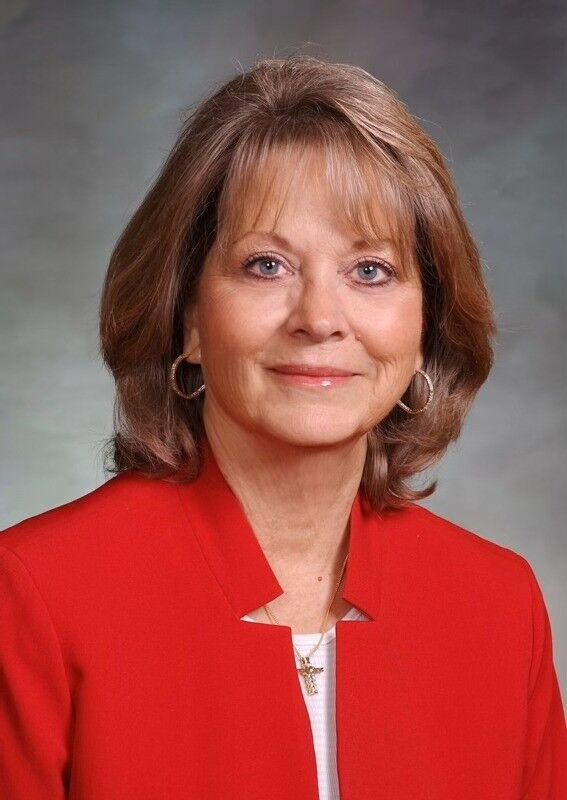Denver runs up its tax tab | Denver Gazette
It was scarcely a month ago that The Gazette reported Denver could become one of the state’s most taxing cities — given a pending ballot proposal from City Hall to raise the local sales tax to bail out Denver Health. And there was talk even then that there was more to come.
The other shoe dropped this week when Mayor Mike Johnston unveiled a 0.5% sales tax hike to fund affordable housing. If voters approve both measures on the November municipal ballot, the city’s sales tax rate would become the highest in metro Denver and northern Colorado.
Denver’s status as a tax capital would rival that of some of the state’s pricey mountain resort towns — where well-heeled tourists, many from out of state, presumably pick up the tab.
Which is kind of like saying Denverites would be treated as tourists in their own hometown.
Let’s set aside for the time being the very important question of whether Johnston’s latest tax bid can achieve its aim. The mayor’s half-cent sales tax proposal would raise an estimated $100 million to help fund 20,000 affordable-housing units over 10 years. But plenty of the proposal’s details seem to be TBD — as is the case with some of the mayor’s other key policy pitches. So, it’s hard to assess its prospects for success.
Stay up to speed: Sign up for daily opinion in your inbox Monday-Friday
The more pressing question right now is whether the freshman mayor and his first-year administration are going to wear out their welcome with voters — especially when it comes to their tax dollars.
As The Gazette reported Wednesday, a poll this week found more than a third of Denver voters say taxes are “way too high.” The survey conducted by the Colorado Polling Institute revealed that 29% regard taxes as “high but acceptable.” Around the same number, 27%, view taxes as “about right.”
In reputedly progressive Denver — a Democratic Party stronghold that sent its last Republican to Congress in 1970 — such a high degree of heartburn over taxes among rank-and-file voters is noteworthy. Also worth noting in the poll’s findings: While about half of Denver voters approve of the direction the city is heading and generally hold a positive view of Johnston, the number of those polled who hold an unfavorable view of the mayor has risen since the firm’s previous poll on the subject.
A reasonable assumption is that it’s not just the dollars and cents involved in the tax hikes that has some of the Denver public on edge. It’s the way those dollars might be spent by this administration — given how it has spent the tax dollars with which it already has been entrusted.
Let’s not forget a big reason voters will be asked this fall to shore up Denver Health with a .34% sales tax hike. It’s illegal immigration — and the Johnston administration’s warm embrace of it. The hospital saw $10 million in additional “uncompensated care” in the last year alone. The health system attributes that budget hit largely to tens of thousands of visits from immigrant patients from South and Central America who entered the U.S. illegally and ended up in Denver.
That’s in addition to slashed city services — like reduced hours at parks and rec centers and DMV branches and, above all, cuts to the public safety budget. It’s all part of the tab handed to taxpayers for the city’s sanctuary status.
At the risk of sounding glib — the city is treating its own taxpayers like tourists while rolling out the red carpet for people who, strictly speaking, aren’t even supposed to be in this country.
That can’t sit well with voters. How will they react in November?
Denver Gazette Editorial Board











